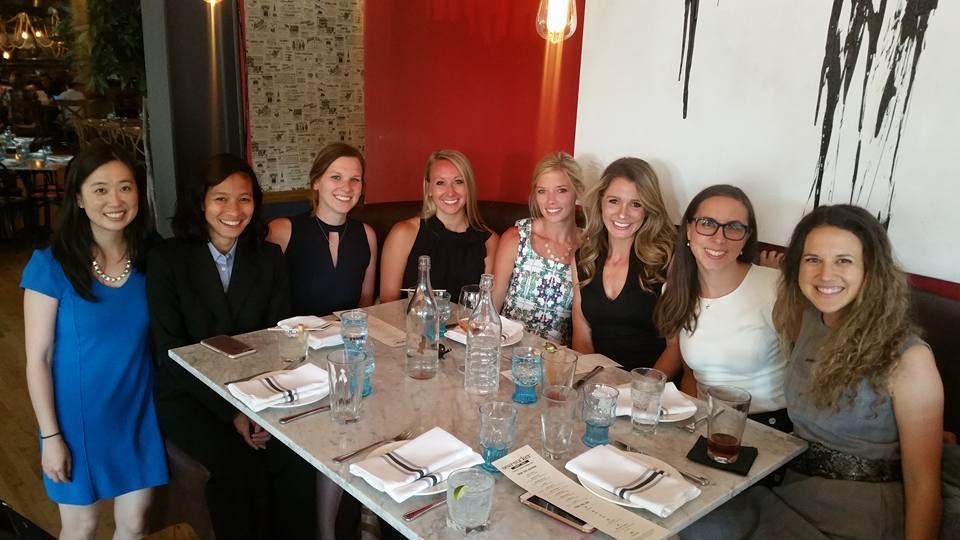Society for Women in Radiation Oncology: Residents’ perspectives on #MeToo and the founding of SWRO
Images

The #MeToo movement has unearthed many disturbing abuses of power, leaving almost no workplace unscathed. In her recent acknowledgement of such experiences within the medical community, Reshma Jagsi, MD, DPhil, a prominent radiation oncologist and researcher on gender equity in academic medicine, has initiated a dialogue inviting physicians to join the conversation.1
This conversation is especially germane to women in certain medical specialties, such as radiation oncology, which are predominantly male. Within our field, women continue to represent less than one-third of resident physicians. Our residents, in turn, train under a similarly low proportion of female attending physicians, and only a handful of female department chairs.2 Three of the current authors have experienced at one point being the only female physician or physician in training in the entire department, and an additional two of us have been the only female resident.
When considering writing on the topic of #MeToo, many of the authors were hesitant to document even minor negative experiences due to fear of unforeseen repercussions. Some have received advice from well-intentioned colleagues to avoid the label “troublemaker” and to remember that we “still need to get a job” within a small field where everyone seems to know everyone else. While fortunately none of the authors have experienced assault within our field, we have both witnessed and experienced sexual harassment within our training and during professional meetings. As a group of women, with doctorate-level training and professional leadership roles, we were warned that speaking up may be professionally deleterious. This sentiment in and of itself is telling.
Our purpose is not to imply wrongdoings by our male colleagues with whom we have had the honor of working throughout our training. Many of us have had incredibly supportive male mentors and role models. Rather, we hope to highlight the degree of censorship that those without established careers or accessible female mentors still experience even after the opening of the #MeToo floodgates. We laud Dr. Jagsi and all the other women who have spoken publicly about experiences with harassment. We encourage our male and female colleagues to continue this dialogue, recognizing that it is an important issue within the medical field and does not solely occur outside of medicine. As trainees, however, we know that our career trajectories are still heavily reliant upon the sponsorship of those senior to us—the majority of whom, again, are men. We remain particularly vulnerable not only to harassment but, importantly, to the negative implications of having taken things “too seriously” whenever harassment experiences are brought to light.
The Society for Women in Radiation Oncology (SWRO) (www.societywomenradiationoncology.com) was founded in early 2017 by women residents who noticed our minority presence within the field and sought opportunities to connect with others having similar experiences. Although the distribution of medical trainees overall is now split between men and women, decreasing numbers of women have been entering radiation oncology residencies, and a survey is forthcoming to explore potential barriers that may be fueling this trend.2 Within SWRO, we are working together with female and male attending physicians to facilitate networking and mentorship. While we remain hesitant to initiate our #MeToo conversations publicly, at least we can start to have them with each other, while we work together toward improving experiences of future residents.
References
- Jagsi R. Sexual harassment in medicine — #MeToo. New Engl J Med. 2018;378:209-211.
- Ahmed AA, Hwang WT, Holliday EB, et al. Female representation in the academic oncology physician workforce: radiation oncology losing ground to hematology oncology. Int J Radiat Oncol Biol Phys. 2017;98:31-33.
Citation
Osborn VW, Lee A, Maquilan G, Dover L, Masters AH, PuckettL, Albert A, Hentz C, Doke K, Barry P. Society for Women in Radiation Oncology: Residents’ perspectives on #MeToo and the founding of SWRO. Appl Rad Oncol. 2018;(1):6-7.
March 23, 2018
